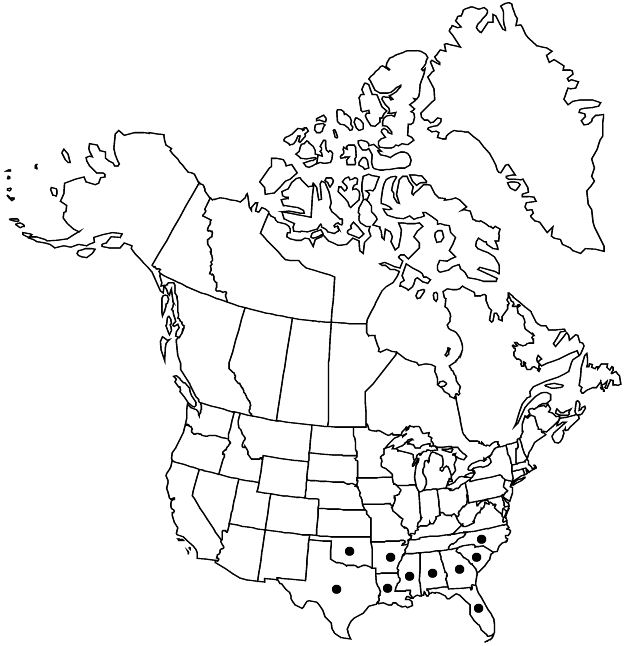Difference between revisions of "Crocanthemum rosmarinifolium"
in H. G. A. Engler et al., Nat. Pflanzenfam. ed. 2, 21: 307. 1925.
imported>Volume Importer |
imported>Volume Importer |
||
| Line 1: | Line 1: | ||
{{Treatment/ID | {{Treatment/ID | ||
|accepted_name=Crocanthemum rosmarinifolium | |accepted_name=Crocanthemum rosmarinifolium | ||
| − | |accepted_authority=(Pursh) Janchen | + | |accepted_authority=(Pursh) Janchen |
|publications={{Treatment/Publication | |publications={{Treatment/Publication | ||
|title=in H. G. A. Engler et al., Nat. Pflanzenfam. ed. | |title=in H. G. A. Engler et al., Nat. Pflanzenfam. ed. | ||
| Line 47: | Line 47: | ||
-->{{#Taxon: | -->{{#Taxon: | ||
name=Crocanthemum rosmarinifolium | name=Crocanthemum rosmarinifolium | ||
| − | |authority=(Pursh) Janchen | + | |authority=(Pursh) Janchen |
|rank=species | |rank=species | ||
|parent rank=genus | |parent rank=genus | ||
| Line 61: | Line 61: | ||
|publication year=1925 | |publication year=1925 | ||
|special status= | |special status= | ||
| − | |source xml=https:// | + | |source xml=https://bitbucket.org/aafc-mbb/fna-data-curation/src/2e0870ddd59836b60bcf96646a41e87ea5a5943a/coarse_grained_fna_xml/V6/V6_770.xml |
|genus=Crocanthemum | |genus=Crocanthemum | ||
|species=Crocanthemum rosmarinifolium | |species=Crocanthemum rosmarinifolium | ||
Latest revision as of 23:23, 5 November 2020
Herbs. Stems ascending to erect, (13–)20–40(–51) cm, stellate-tomentose. Leaves cauline and, sometimes, basal basal mat-forming; petiole 1–3 mm; blade obovate, 10–22 × 3–5 mm; cauline: petiole 1–4 mm; blade oblanceolate to narrowly lanceolate, 10–38(–48) × 2–5.5(–7.8) mm, margins revolute; surfaces stellate-tomentose abaxially, stellate-pubescent adaxially, without simple hairs; lateral veins obscure abaxially. Inflorescences axillary and terminal, solitary flowers or glomerules; chasmogamous flowers solitary, at tips of branches, overtopping cleistogamous, cleistogamous 2–7 per glomerule, flowering 1–3 months later than chasmogamous. Pedicels 10–22 mm; bracts 3–7 × 0.5–1 mm. Chasmogamous flowers: outer sepals linear, 1.2–2.5 × 0.2 mm, inner sepals 2.5–4.3 × 1.3–2 mm, apex acute; petals obovate, 4–6 × 3.5–5 mm; capsules 2–3 × 1.4–1.8 mm, glabrous. Cleistogamous flowers: outer sepals linear, 0.5–1 × 0.2 mm, inner sepals ovate, 1.5–1.8 × 1–1.5 mm, apex acute; capsules 1.3–1.7 × 1–1.3 mm, glabrous.
Phenology: Flowering May–Jul.
Habitat: Dry, sandy roadsides, openings in pine and pine-oak woodlands, disturbed soil of clearings and fields
Elevation: 0–200 m
Distribution

Ala., Ark., Fla., Ga., La., Miss., N.C., Okla., S.C., Tex., West Indies (Dominican Republic).
Discussion
Crocanthemum rosmarinifolium is easily distinguished from sympatric species by its slender leaves, relatively small petaliferous flowers, occasional basal leaves, and overall pale color. As noted by R. M. Harper over a century ago, it seems not to occupy natural habitats and is found primarily on roadsides. Populations in the Dominican Republic occur up to at least 2200 m.
Selected References
None.